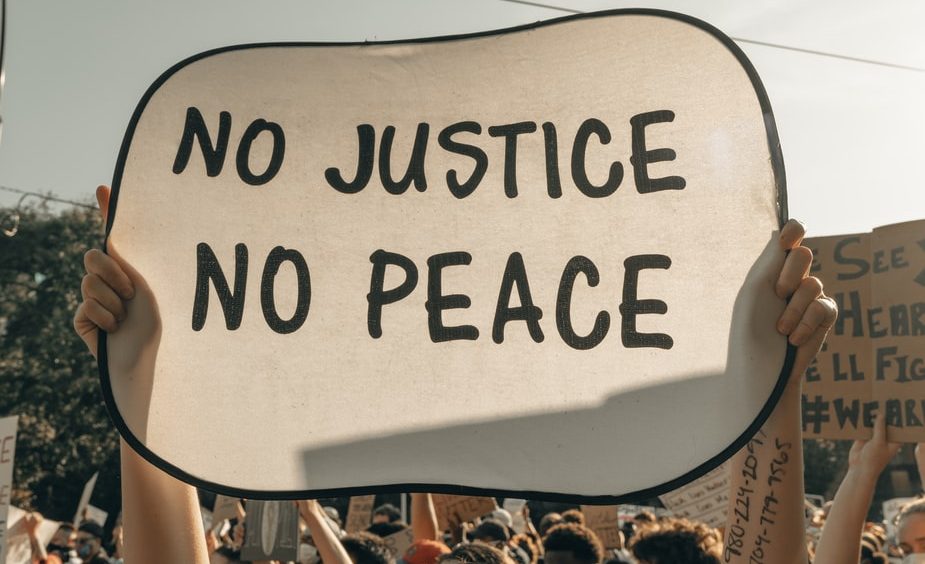
Why Do Scheduled Caste And Scheduled Tribes Need Reparation And Not Just Reservations?
As the movement for the Black Rights intensifies, the demands for the reparation has taken hold of the activists throughout the USA. Some of the states in the USA also started to make policies for reparations including talks on economics of reparation. Not only the states in the USA are making compensation packages available to blacks, but also big corporations are assisting with a huge fund to the blacks.
This is important to address and redress 400 years of loot by the whites and robbing the lives of blacks. If the cost of human life is statistically estimated as least to calculate the damage done to them, statistically it is estimated that one life is estimated at 10 million dollars. Of course, human life is too precious to be monetized. But to offer compensation, some statistical value can be put. This helps to calculate the total amount of compensation the historically exploited communities might need.
Let’s switch our attention to India. Around 250 million people were treated as the untouchables (Scheduled Caste) and 130 million as the tribals (Scheduled Tribes) of the present-day Indian population. They have been historically exploited for over 2000 years and the other communities have benefited by exploiting their labor and lives. Even today, they are exploited. One of the measures to redress their situation and create representative democracy is reservation policy. But the demand for reparation was never made. This is the time to ask for it.
The policy of reparation is common practice throughout the world. Countries like South Africa, and even Japan, have been using this policy mechanism to mark special funds for the communities which are historically discriminated. The funds raised thus are then directed towards programs to educate the affected parties, even the money is disbursed to them, and c they are helped to start their own businesses.
The demand for reparation is completely absent in the Dalit movement and this must change.
The black movement is a well documented and well-studied movement and we can learn a lot from it.
This is time to demand the reparation and if the Government of India is not doing its duty, the Dalit movements must knock the doors of international agencies including the UN.
Author – Mangesh Dahiwale



+ There are no comments
Add yours